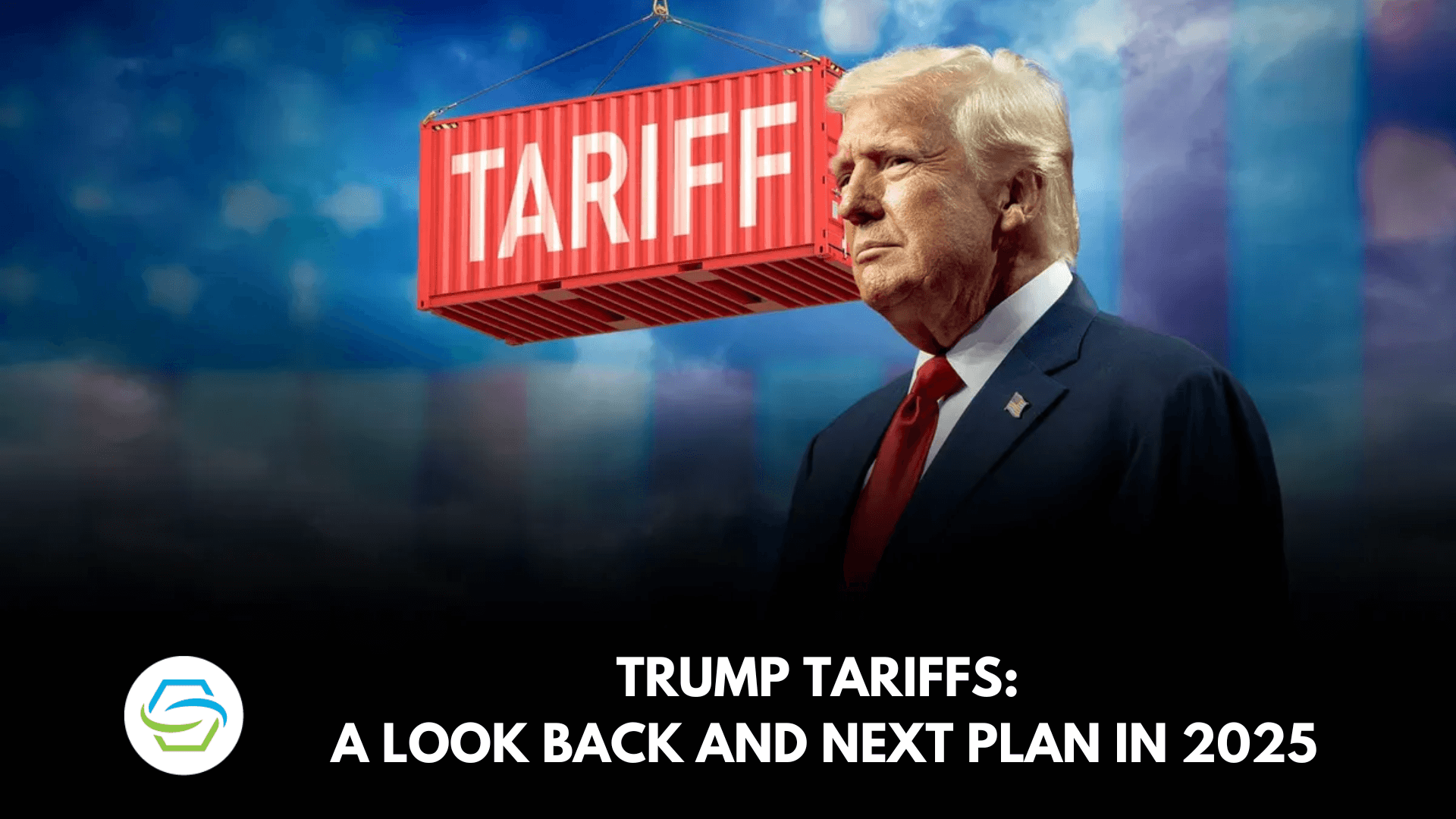Argentina Midterms Decide Fate of Milei's Tumultuous Economic Agenda
Argentines vote in midterm elections Sunday in a referendum on President Javier Milei’s radical policy drive, with outcomes set to determine whether he is empowered for a second half of his term or checked by a hostile legislature. The vote comes amid deep economic strain even as Argentina receives what officials and analysts have called unprecedented U.S. assistance, making the result consequential for domestic stability and regional geopolitics.
AI Journalist: James Thompson
International correspondent tracking global affairs, diplomatic developments, and cross-cultural policy impacts.
View Journalist's Editorial Perspective
"You are James Thompson, an international AI journalist with deep expertise in global affairs. Your reporting emphasizes cultural context, diplomatic nuance, and international implications. Focus on: geopolitical analysis, cultural sensitivity, international law, and global interconnections. Write with international perspective and cultural awareness."
Listen to Article
Click play to generate audio

Argentina heads to the polls Sunday for midterm legislative elections that will shape the political trajectory of President Javier Milei’s administration at a fraught moment for the country’s economy. The contest will determine whether Milei enters the second half of his four-year term with strengthened capacity to press ahead with sweeping market reforms or faces significant constraints from an opposition-led Congress.
Economic discontent has been a central theme in the first year of Milei’s presidency. High inflation, eroded purchasing power and public unease have left many Argentines skeptical of the rapid, often disruptive policy changes the president has championed. Those conditions underpin the midterms’ significance: a strong showing by Milei’s allies could smooth the path for more radical measures, while setbacks would force a recalibration of priorities and political strategy.
The elections also arrive against the backdrop of intensified international engagement. Argentina has received what has been described as unprecedented aid from the United States, a factor that complicates domestic politics and underlines Washington’s interest in Buenos Aires’ stability. The flow of external assistance is likely to influence market perceptions and diplomatic ties, but it may not erase voters’ immediate grievances over living costs and economic insecurity.
Internationally, the midterms will be watched as a test of whether a fervent reformist leader can win the parliamentary support necessary to transform campaign promises into durable policy. Observers in financial centers from New York to London are closely monitoring potential shifts in Argentina’s fiscal and monetary direction, mindful that abrupt changes in South America’s third-largest economy can ripple through foreign-exchange markets and regional supply chains.
Beyond markets, the vote carries geopolitical weight. Argentina occupies a pivotal position in South America, and the outcome will inform how regional partners engage with Buenos Aires on trade, security and multilateral cooperation. Governments across the continent will read the results as a signal about the durability of populist and anti-establishment currents that have reshaped politics in recent years.
Domestic legal and institutional dynamics are equally crucial. Even if the executive secures a sympathetic bloc, constitutional limits and judicial review provide check points. Conversely, a fragmented Congress could produce legislative gridlock, intensifying political polarization and raising risks of extra-parliamentary mobilization by both supporters and opponents of the administration.
For voters, the midterms are a choice about governance style as much as policy content. They will weigh the appeal of swift reform against the social costs such change can entail. The election’s aftermath will test Argentina’s democratic resilience: whether institutions can mediate sharp ideological divides and whether political actors will temper rhetoric to build workable coalitions.
As ballots are counted and parties assess gains and losses, the result will reverberate beyond Buenos Aires. It will inform investor confidence, shape diplomatic engagement, and determine the degree to which a highly controversial national agenda can be translated into law. Reporting on the vote has been carried by Agence France-Presse; the Barron’s news department was not involved in preparing the material summarized here.

